The rate of minimum wage for workers in California has become a hotly contested issue in the state after the recent introduction of a $20 minimum wage.
This comes as unions and labor groups have suggested that the increase to $20 an hour may not be enough for people to meet their basic needs in California.
Increases in Long Beach

The rate of minimum wage across California has increased in several parts of the state including in Long Beach where hotel workers have had their wage increased to $23 an hour.
This comes amidst ambitions to further raise this minimum wage by an additional $6.50 to $29.50 per hour by 2028.
San Diego Will Rise the Minimum Wage to $25

San Diego is considering raising the minimum wage to $25 per hour for hotel and other service workers after receiving calls from unions in the city to do so.
This would be a 50% increase on the current minimum wage. Other workers who would be included in this are janitors, security workers at biotech and technology companies, and event center employees.
San Diego Community College Minimum Wage Is Over $30

San Diego Community College District has already raised its minimum wage to over $30. The wage went to $30.58 for permanent employees and $22.31 for temporary employees.
This comes after MIT reported that two adults raising two children need to earn $30.58 per hour to support everyone in their family. A single adult with no children must earn $22.31 to support themselves. This is the reason for these wage increases.
Minimum Wage Increases Cost $1.5 Million

The college is expecting the wage increase to cost $1.5 million extra in a fiscal year but will deduct this amount coming from the state to the college through the annual cost of living allowances.
However, this amount will likely decrease over the next few years as employees move up the pay scale and progress in their jobs.
Los Angeles Airport Workers
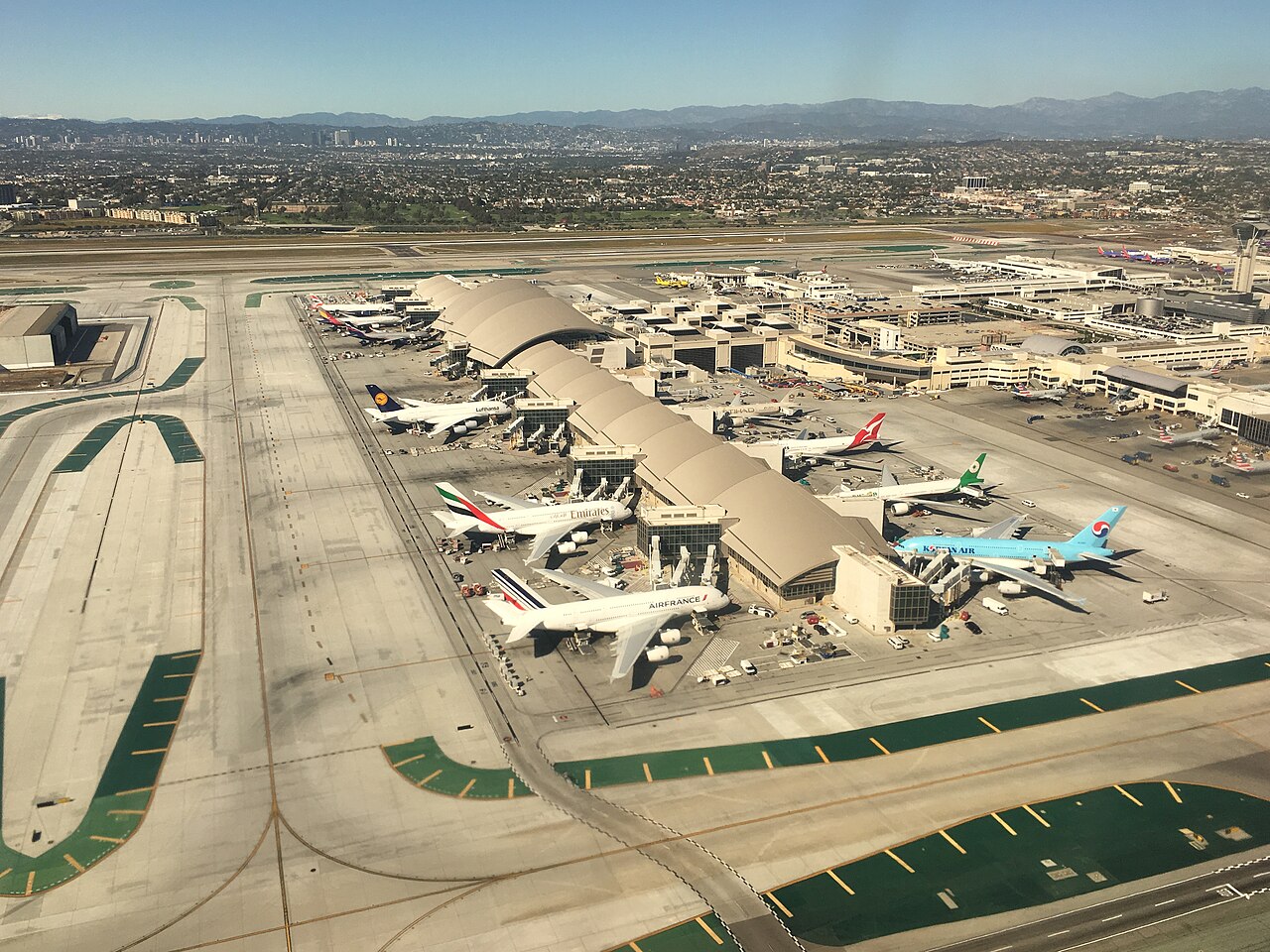
In Los Angeles, the minimum wage is being discussed for airport workers in the city as similar goals are being set to increase the hourly rate to $30 by 2028.
In July 2023, the minimum wage for airport employees was increased to $18.78 per hour or $24.73 if health benefits were not included.
Concern for Small Businesses

While unions and labor groups have been putting pressure on lawmakers to increase the minimum wage to combat inflation, concerns have been raised for small businesses.
If the minimum wage is increased to $30 an hour it could force some small enterprises to shutter their doors if they are unable to meet the cost of employee upkeep.
Minimum Wage Increases Don’t Impact Small Businesses
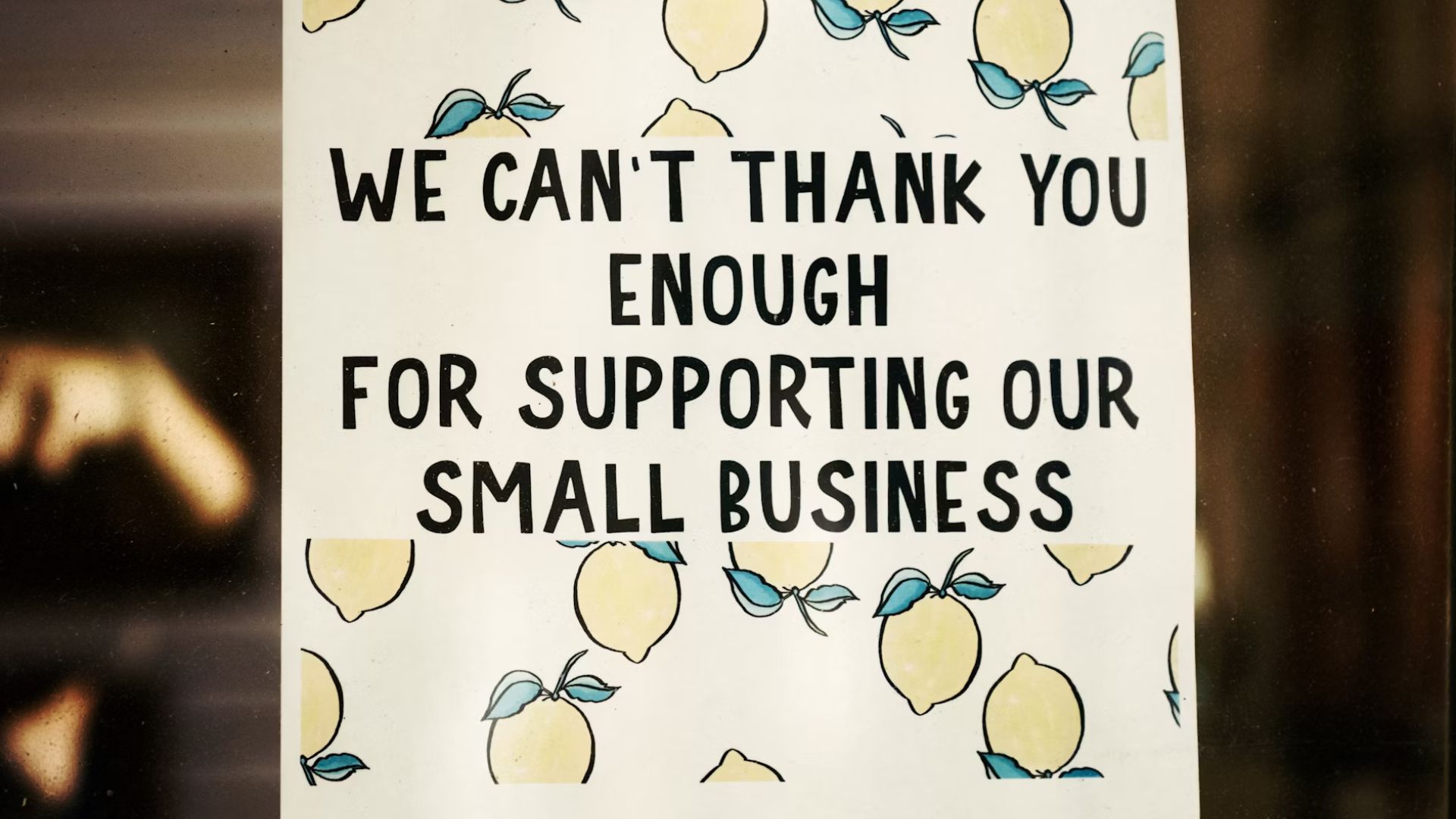
Despite the concern for small businesses, recent reports suggest that they aren’t as impacted by minimum wage increases as previously thought.
The study found that small businesses are able to finance the new costs from new revenues and do not often result in mass layoffs. However, this isn’t always the case.
Companies Are Worried About Going Bust

Despite this report, it hasn’t stopped some companies from worrying that they will go bust if the $30 minimum wage increase gets put into California law.
One company that provides food and beverage services to travelers at LAX airport has a staff of 300. The owner claims the business is exclusive to LAX and cannot be made global. If wages go up to $30, the company will go under.
Wage Hikes Causing Layoffs

According to reports, wage hikes have caused layoffs in several industries including hospitality, healthcare, and fast food.
After the increase of the minimum wage for fast-food workers to $20 an hour, almost 10,000 people working in the sector lost their jobs.
Sales Have Slowed Down

One issue many business owners have is that sales have been down across the board throughout 2024. The news of a wage increase is a concern for many.
Some wage increases will host hundreds of thousands of dollars a year extra. Combine this with a lack of sales, and there’s every chance some employees will be laid off.
Knock-on Effect of Rising Labor Costs
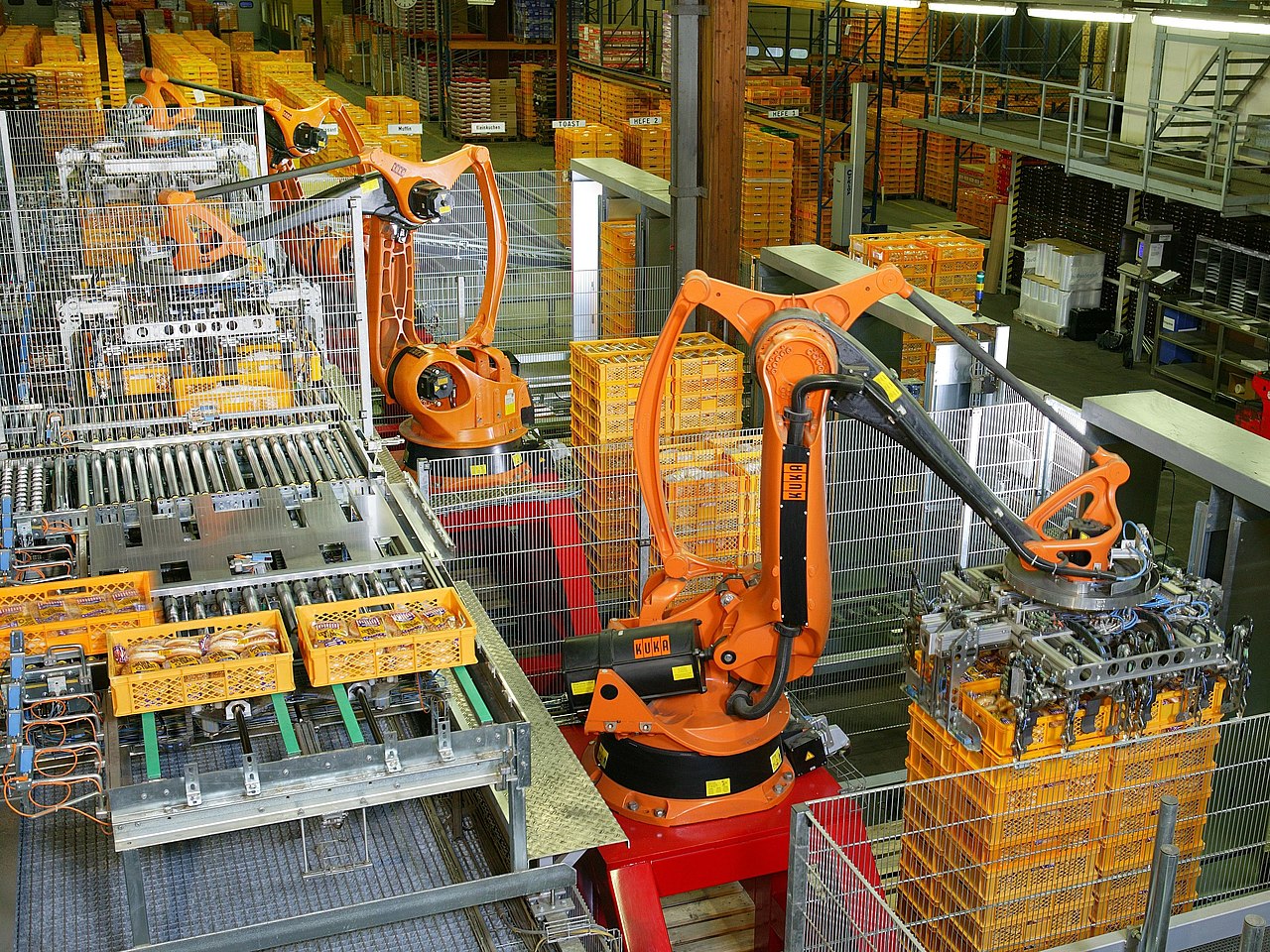
Consumers could feel the domino effect of increased labor costs as businesses could be forced to raise prices to meet the costs of the higher minimum wage.
As businesses consider the prospect of having more automation in their places of work replacing waged employees, the potential strain on the already fraught economy has also been noted.
Higher Wages Across Sectors
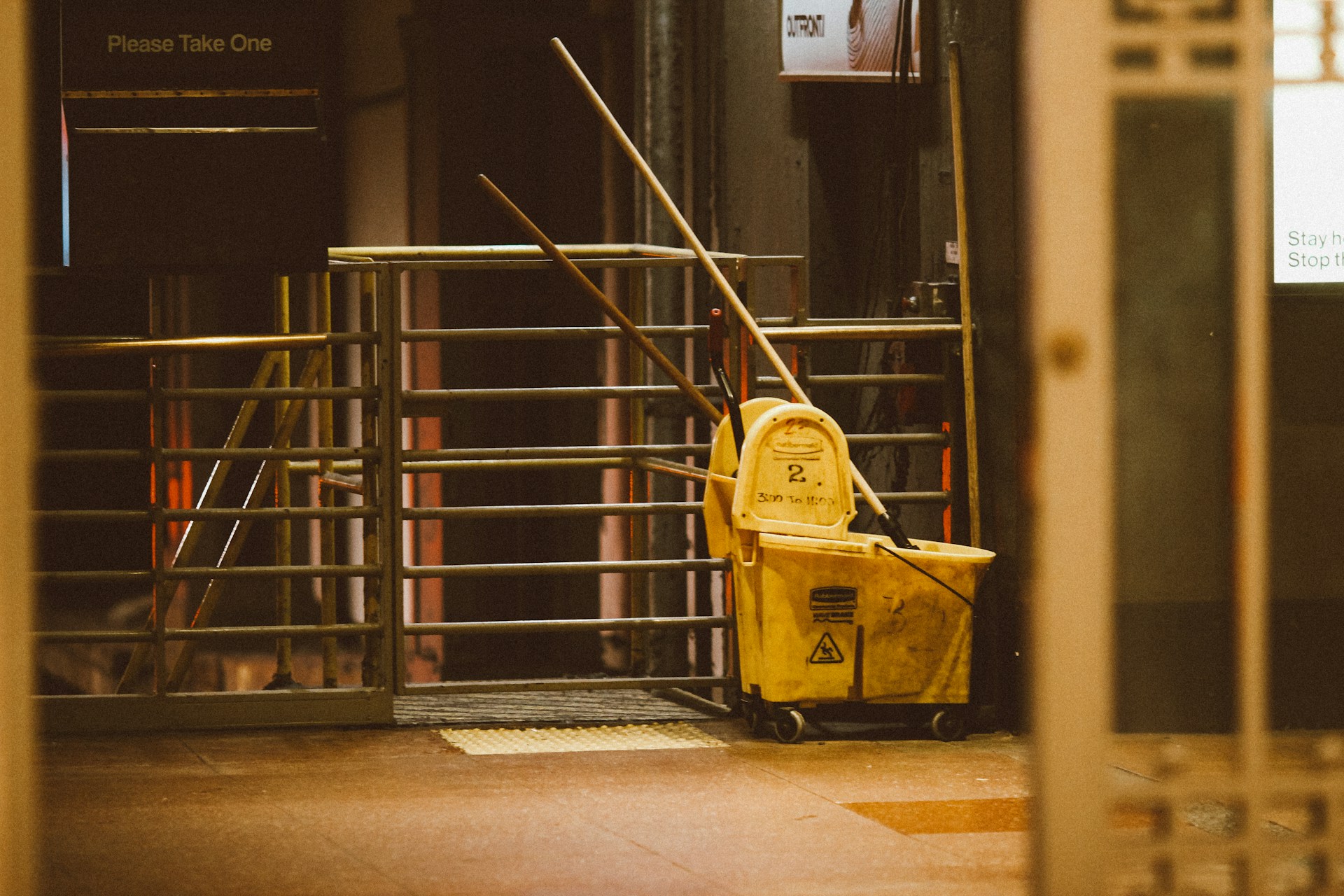
As different unions are pushing for increased wages more workers are eyeing up higher wages in the state of California.
Janitors are looking to push for a $25 minimum wage and other groups are mandating for a universal $20 an hour rate.
No Longer Looking for More Jobs

The news of the minimum wage rise comes as a relief to many, as beforehand they were having to apply for and go to multiple jobs just to be able to afford to live.
However, even the minimum wage increase to $20 per hour comes as a relief to many, as they no longer have to go through this and can stick to one job without being burned out or worrying about how they’re going to pay the bills.
All Employees Will Need a Pay Rise

If minimum wage employees are getting a pay rise, this will also mean that employees in the same sector who earn more than them, such as managers, will also need to be given a pay rise.
This is because employees who are higher-up cannot be asked to take on more responsibility when they now earn the same or slightly more than those a bit further down the chain.
Businesses Will Raise Product Prices

Rising wages and the cost of buying products for the business will likely cause them to raise the prices of their products, which will impact customers.
Even if businesses can afford the wage increases, they might not be able to stay open if they can’t attract customers because their products are priced too high.
Disrupting Traditional Models of Business
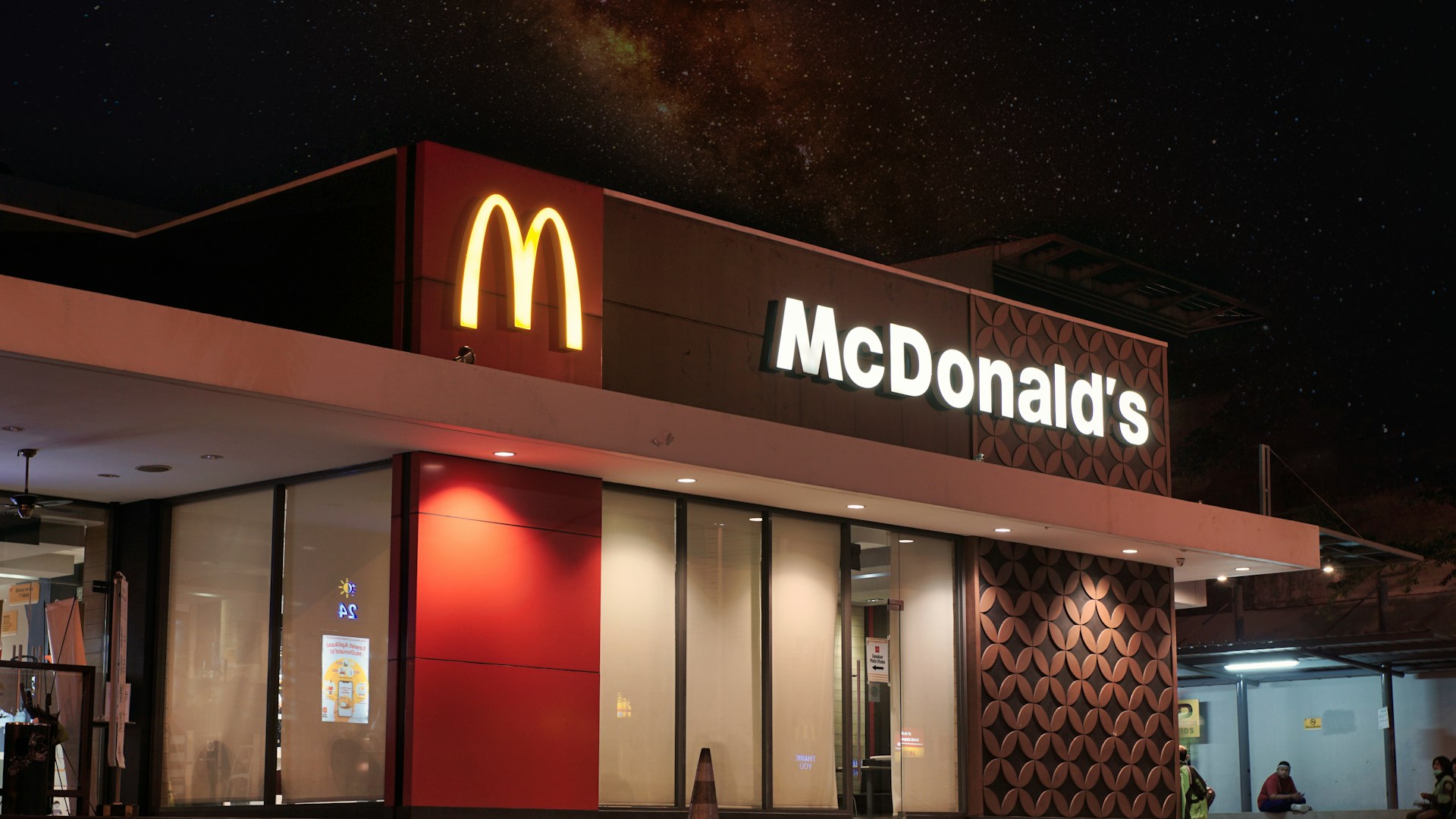
An increase in the minimum wage for fast food workers to $20 an hour in California has caused a shift in the landscape for many businesses.
Fast-food franchises are struggling to stay in operation as they are faced with higher minimum wages causing increased labor costs and creating a major issue.
Wage Increases Don’t Address Underlying Problems

While many will welcome a wage increase as it will help them afford to pay the bills and the basic necessities to live, what it doesn’t do is address the underlying reasons for people struggling to afford these things in the first place.
This includes things such as the rising cost of housing, bills, and food prices. It causes these things to rise further so businesses can afford the wage increase, as opposed to investigating why these things were high in the first place and what can be done to lower them.
Impact of Inflation

In the fast-food sector, inflation is having a cascading effect on other areas of business as the price of ingredients like beef, poultry, and vegetables has been driven up.
A dilemma arises where the sector is forced to choose between increasing prices for consumers to face these rising costs but risk causing them to choose a cheaper competitor.
$30 Wage Increase Won’t Happen for Years

While a $30 increase in minimum wage would be welcome to employees but a struggle to employers, the current predictions are that this won’t happen until 2028 at the earliest.
However, it is known that regardless of when these rises come into play, they will likely cause a rise in products too. But as this is a few years away, it’s too early to tell what these rises will be, dependent upon the future economic forecast.
The Rise of Automation
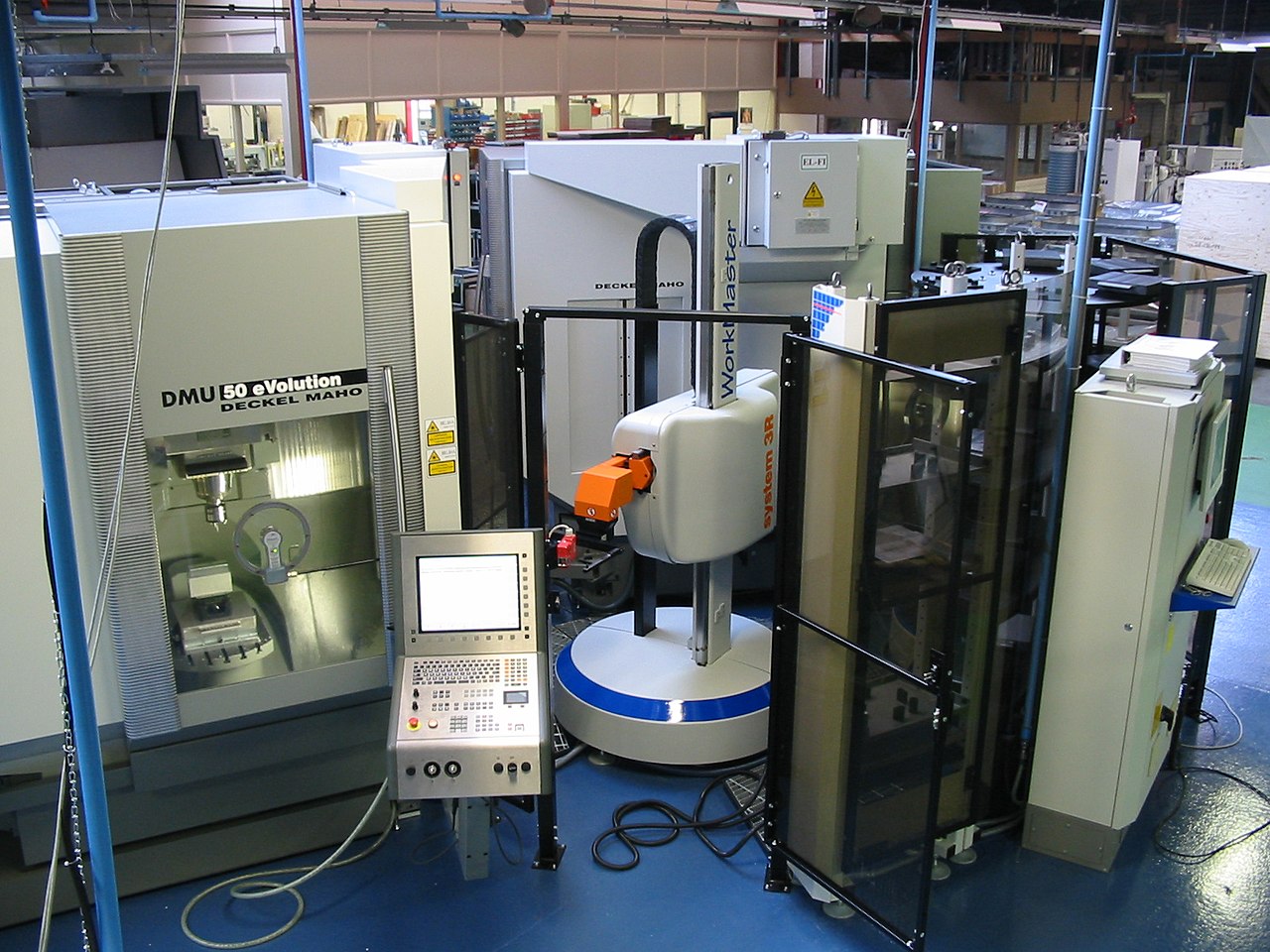
In tech-forward California, the rise of automated ordering tablets as well as robotic kitchen assistants has changed the way businesses operate.
As automated workers are becoming more and more common it threatens the future of human workers and their place in the sector.
Cost of Migration
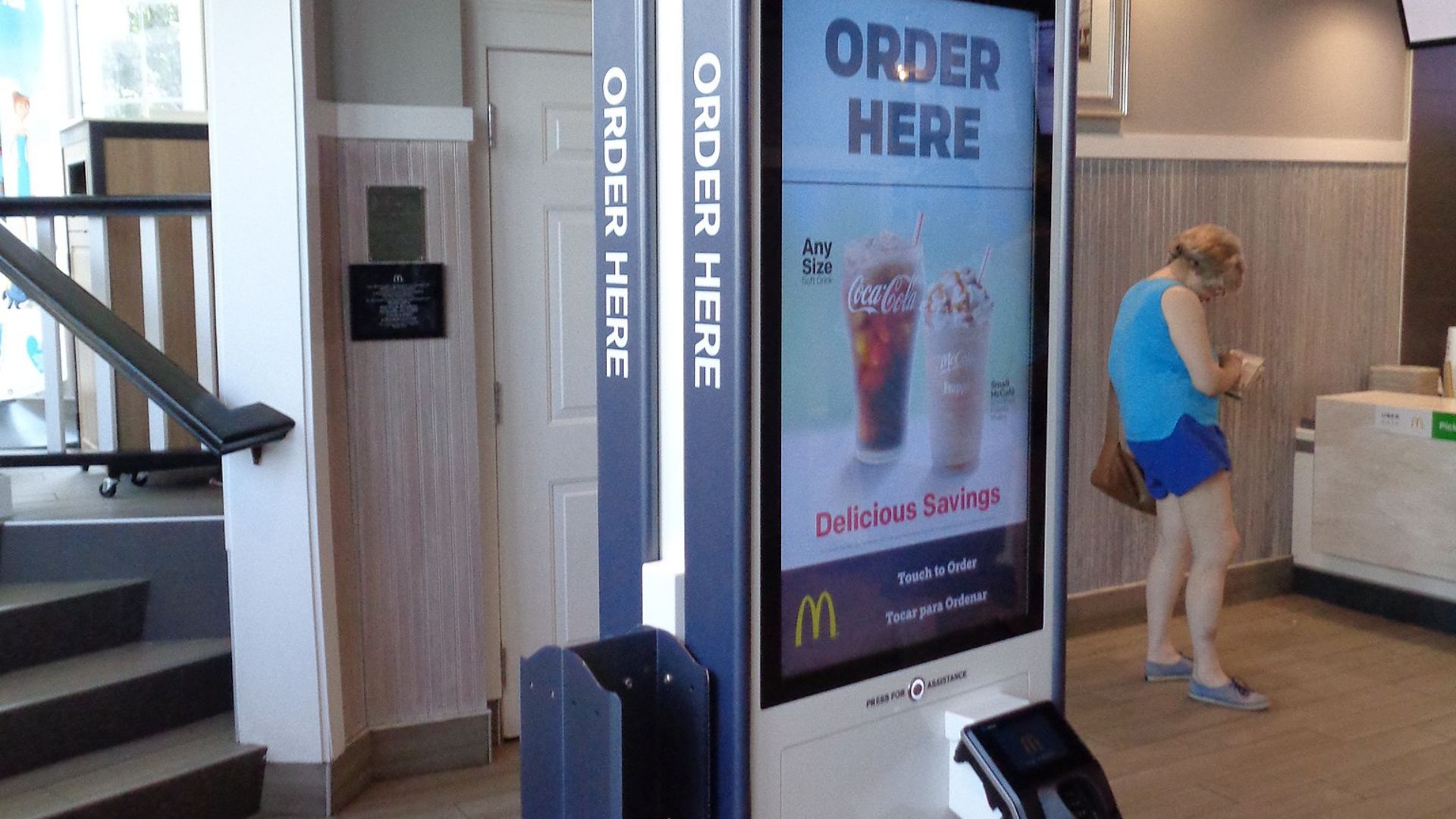
Creating a fully automated system in a fast-food environment would be a costly endeavor in the current technological landscape.
With the slower speed at which robotic kitchen assistants can work, the value of efficient human employees cannot be underestimated in the draw of chain restaurants for their speed and price.
King County Has the Highest Minimum Wage in the US

With there still being much debate in California regarding minimum wage and whether to raise it further, King County in Washington has the highest minimum wage in the whole of the US as of May 2024.
The minimum wage here is set to rise to $20.29, and companies with more than 500 employees will see this come into practice on January 1, 2025. Businesses that don’t have as many employees won’t see any changes until 2030.
Shift in Consumer Tastes

In the current health-conscious climate, particularly in California, many consumers are looking for healthier options that are fresher and more nutritious compared to traditional fast-food outlets.
If chain restaurants are unable to adapt to this change in consumer preferences they may be left behind as meal kit delivery services take up an increased share of the market.
With increasing reports of layoffs, fewer hours for workers, and potential closures, the impact of rising minimum wages could cause further disruption across a range of industries.
